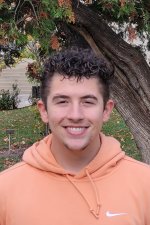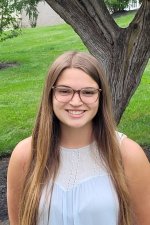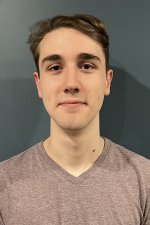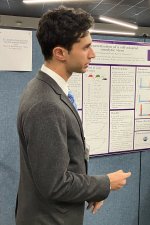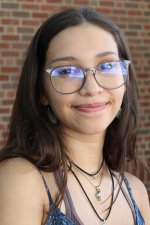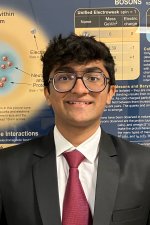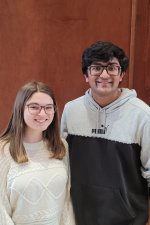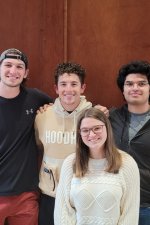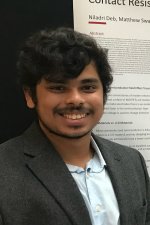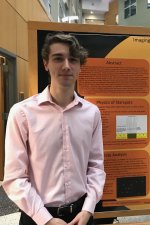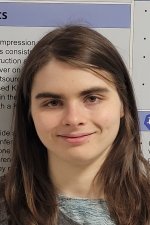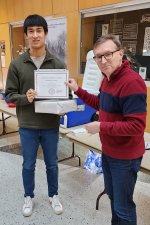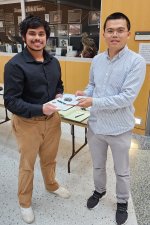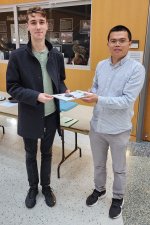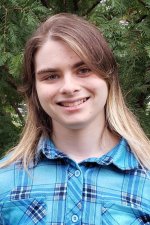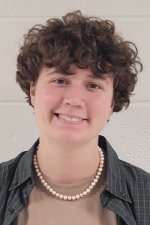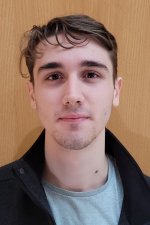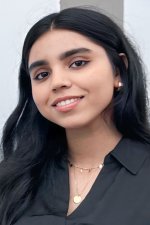
2024 SSRP Symposium - Raazia Aamir
The future of computing requires ever larger and faster transistors. Traditional silicon-based transistors reduce performance time by decreasing channel size, but the discovery of 2D materials, specifically Molybdenum disulfide (MoS2), holds great promise for the future of computing. Raazia Aamir worked on studying the contact of MoS2 within a field effect transistor via VASP software simulation.
This research was conducted under the mentorship of Dr. Wolfgang Windl at the Institute for Materials and Manufacturing Research at The Ohio State University as part of the Ohio Sure program through the Five Colleges of Ohio

